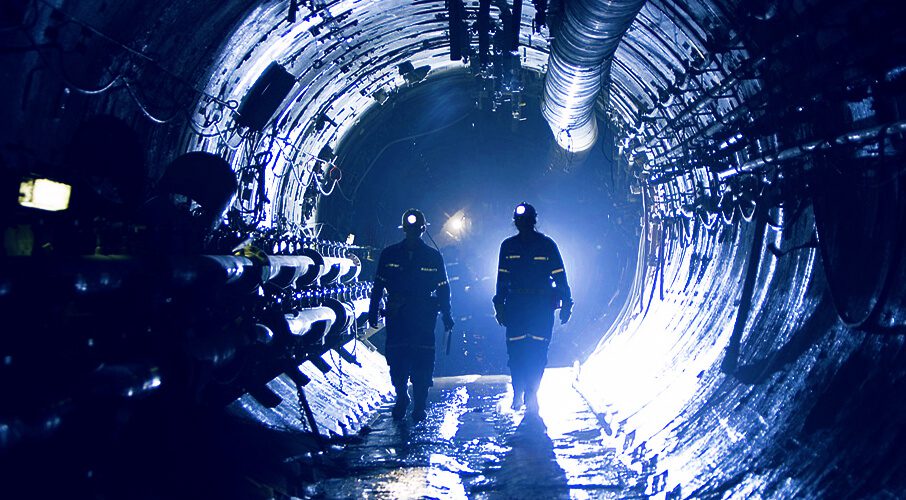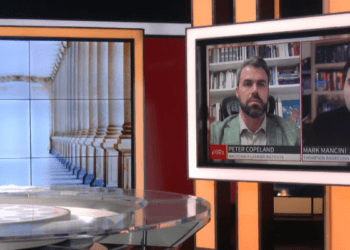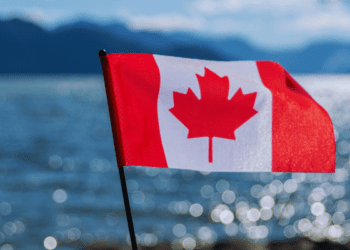This article originally appeared in the Saskatoon Star Phoenix.
By Heather Exner-Pirot, October 25, 2022
Last week, Cameco, the Saskatchewan-based uranium miner, announced it was acquiring American nuclear energy giant Westinghouse in a partnership with Toronto-based Brookfield Renewables.
The multi-billion-dollar deal made news and created buzz in the business sector, but its real significance is geopolitical. Russia’s invasion of Ukraine has set off a chain of reactions in the West, from friend-shoring supply chains, to prioritizing energy security, to hastening demand for non fossil fuel sources of electricity.
The Cameco deal is a manifestation of all of those.
With its headquarters in a nondescript neighbourhood on the west side of Saskatoon, Cameco is the world’s largest publicly traded uranium company, buoyed by two of the most valuable mines on the planet, both in northern Saskatchewan’s prolific Athabasca basin: Cigar Lake and McArthur River.
But a depression in uranium prices following the Fukushima reactor accident in 2011 led to a hard decade for the company, prompting it to curtail production. In 2020, it was ranked only as Saskatchewan’s eighth largest company, based on sales revenue.
A lot has changed in two years. As countries around the world seek to reduce fossil fuel use while still providing reliable power, nuclear is emerging as the obvious solution. New announcements for reactors are now coming weekly, and with them long-term uranium contracts.
According to the World Nuclear Association, there are 436 reactors in the world. Another 60 are being constructed, and more than 400 new projects are planned or proposed, in more than 30 countries.
Russia’s state-owned nuclear corporation, Rosatom, is a behemoth. It is the world leader in new nuclear builds (its website lists eight in Russia and 32 abroad), and supplies fuel to 78 power reactors in 15 countries.
While Russia is only a marginal miner of uranium, it has about 40 per cent of global capacity for uranium enrichment; its indispensable role in the industry has allowed Russia to evade sanctions. Eastern Europe is captive to Russian nuclear fuel supply much like Germany is dependent on Russian natural gas.
But the U.S. needs it, too. Nuclear cannot be a global energy solution if Rosatom is at the centre of it.
Another problem is its monopoly of high-assay, low-enriched uranium (HALEU). This fuel is necessary for multiple advanced reactor designs now coming online, and Russia is the world’s only viable commercial supplier. This posed a security risk even before Ukraine; it is now unacceptable.
Acquiring Westinghouse will help make Cameco the West’s response to Rosatom — a one-stop shop for utilities, offering services across the full nuclear cycle — at a time when an alternative is desperately needed.
Cameco is not just a uranium miner. It also refines, converts and manufactures nuclear fuel in Ontario, though this has been primarily for heavy water CANDU-reactors.
Westinghouse services about half the nuclear power generation sector in the United States and is the original equipment manufacturer to more than half the global nuclear reactor fleet.
It also manufactures fuel for light water reactors, a much more common type across the world. Westinghouse has the ability to produce fuel for the most common model of Russian reactor used in Ukraine, Czech Republic, Slovenia and Finland, and can provide an alternative to Rosatom’s services in the coming reactor buildup.
That solves one problem, and spurred by the U.S. Department of Energy, Cameco is working on the other: HALEU. Cameco has a 49 per cent interest in Global Laser Enrichment, a North Carolina-based company that is commercializing a laser enrichment technology to manufacture HALEU.
The wide-reaching U.S. Inflation Reduction Act included provisions to bolster domestic production of the fuel, leading to a plan announced this month to purchase on the order of $1.5 billion of HALEU. Through its American partners, Cameco is positioned to bid on it.
Russia will not have a HALEU monopoly for much longer.
With its low carbon, energy dense, base-load power, nuclear is the future of energy. The Cameco-Brookfield-Westinghouse deal positions Canada to be a leader in it.
But it does much more: it reduces Russian dominance in the nuclear sector, bolsters energy security in Eastern Europe, advances North American supply chain integration, and provides a smoother path for the low-carbon energy transition.
Nothing the federal government has done since February is as geopolitically significant.
Cameco is now not only a uranium giant, but a nuclear one as well, just as that industry enters a renaissance. It provides a textbook example of how Canada’s vast resource wealth can be used to advance our interests, and those of our allies, on the world stage.
Heather Exner-Pirot is a senior fellow at the Macdonald-Laurier Institute.





